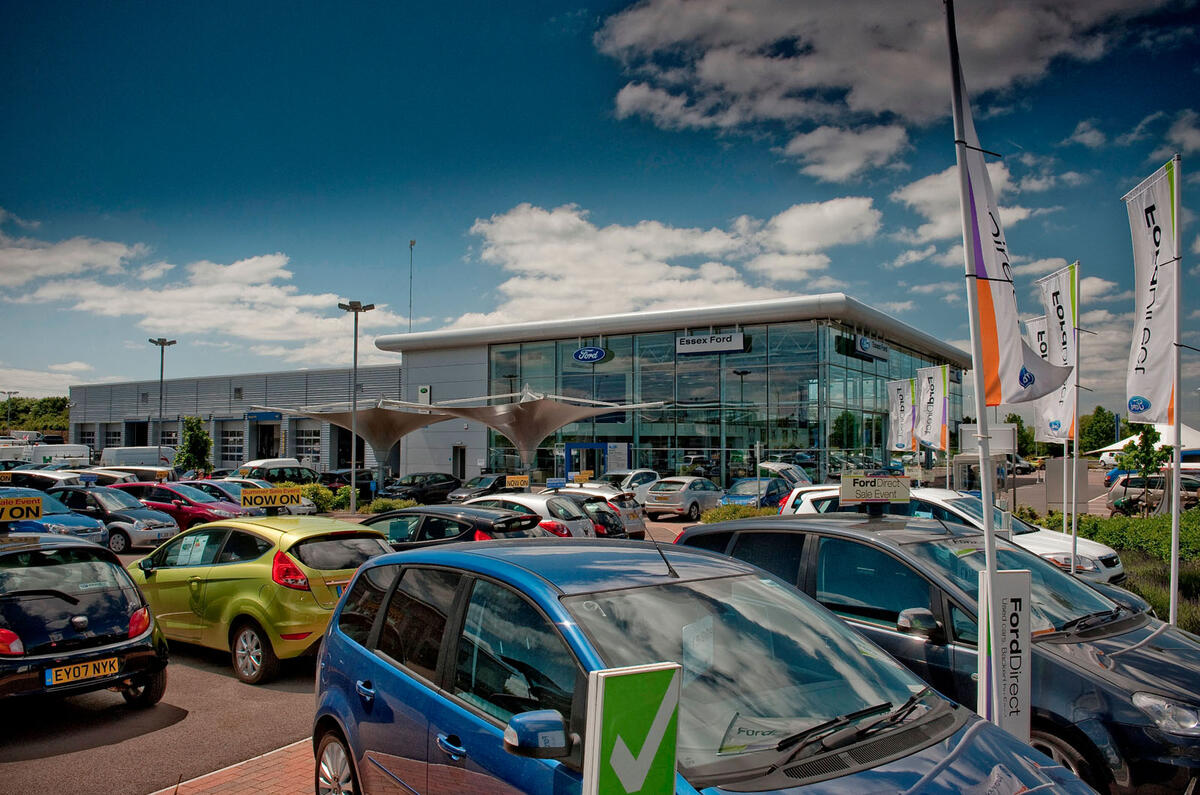Laws requiring all new vehicles sold in the UK to have zero emissions should be brought forward from 2040 to as early as 2030, according to a report from the Committee on Climate Change (CCC).
The move would help the UK reduce carbon emissions to nearly zero by 2050, according to the report, which has also called for a substantial investment to improve electric vehicle charging infrastructure in the UK.
The CCC says current government plans to require all new cars sold from 2040 onwards to have zero emissions - banning the sale of new petrol and diesel cars - are too soft.
Ensuring that all cars and vans in the UK are electric by 2050 will require all sales to be pure battery electric from 2035 at the latest, according to the report – but it would be “desirable” to bring that target forward to 2030 if technology allows.
The CCC estimates that alternatively fuelled vehicles should be cheaper to purchase than petrol and diesel-engined examples by 2030, and offer substantial reductions in running costs.
The report does note that accelerating the requirement for all new cars sold to be zero emission will require heavy investment in the charging network, and says that the government “must continue to support strengthening of the charging infrastructure, including for drivers without access to off-street parking.”
There are currently around 21,000 public chargers in the UK, but the report estimates that 210,000 will be required in towns and cities, along with 3500 rapid and ultra-rapid chargers near motorways.
A 2018 report published by the House of Commons Business, Energy and Industrial Strategy Committee called the government's initial target date for the new legislation "vague and unambitious", and criticised the relative unpreparedeness of Britain's road network for the shift away from conventional fuelling methods.
The move is just one emissions-cutting initiative in the ‘Net Zero’ report, which also looks at cutting emissions in areas including home heating, aviation, meat production and domestic waste.
The report also looked at a number of alternative options for cutting greenhouse gas emissions, including biomass-based synthetic fuels that could be used in combustion engines. The report says such fuels could play a large role in cutting emissions in the future, but are likely to be more expensive than other options because they are “thermodynamically and economically challenging”.









Join the debate
Add your comment
Where do these "advisors"
Where do these "advisors" thing the extra electricity will come from for these cars ?
Wind power is not 24-7 and our politicians semm incapable of creating the right regulatory framework to get nuclear power stations built.
Also, where are all the people who park on the street going to charge their cars ?
Suggest the government fires the advisors and employs some engineers in their place. We need people with common sense who can add up to do the advising.
"along with 3500 rapid and ultra-rapid chargers near motorways"
These chargers will have to be ultra-rapid near motorways to equal the average refuelling time with petrol or derv!
AND! And what about ON motorways? All these Service areas that will allow ultra-rapid charging to the masses on Bank Holidays, for instance: how will they recoup their investment? Of course, stupid me: they will charge the cars and the customers appropriately, i.e. an arm and a leg!
There is no such thing as a free lunch, we'd better get used to the idea...
Greater charging
Greater charging infrastructure is mentioned, more public chargers. Are public chargers the same as you have at home? I read somewhere that the fast charging of bev's can cause battery issues, if so how does that work if you can only use public chargers?